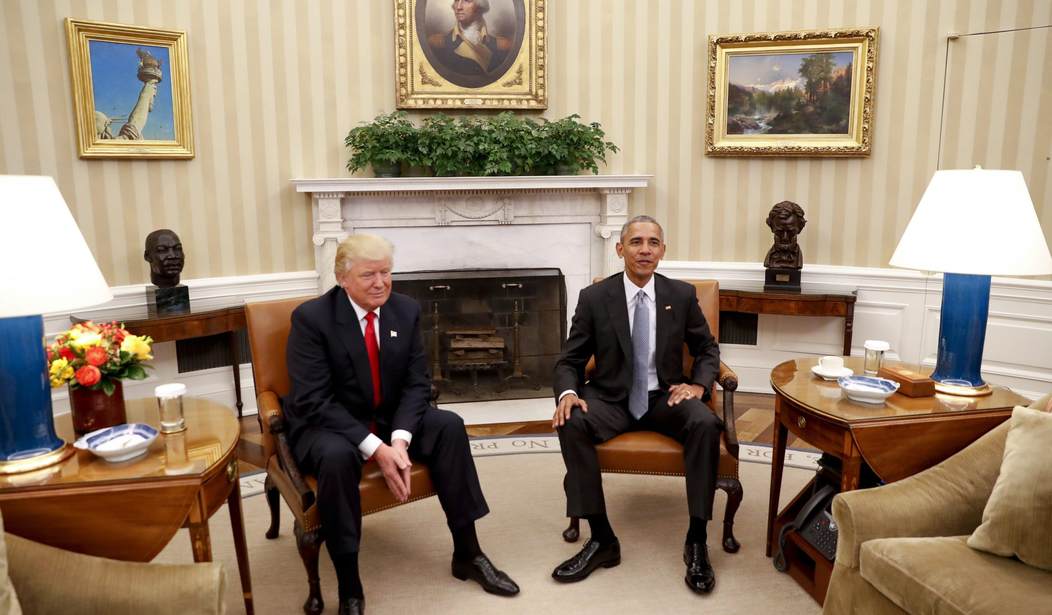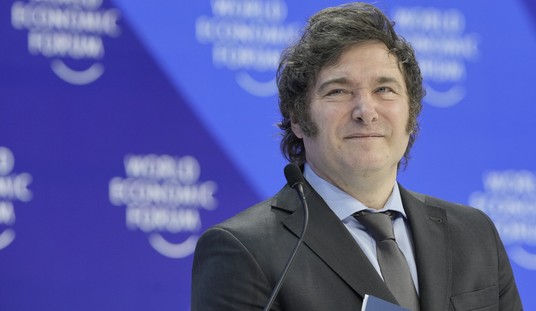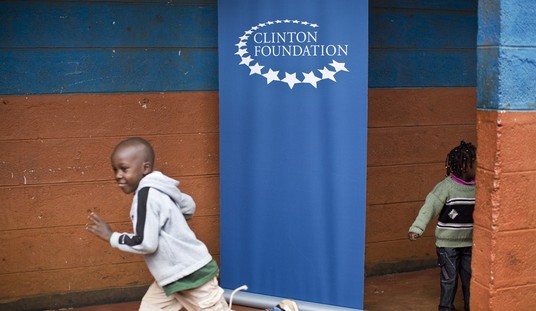WASHINGTON – Leaks of inside information occurred less often under President Obama compared to President Trump because his administration demanded “internal intense loyalty,” according to a Washington Post correspondent.
“There are people in all parts of government who are dismayed, at times, at what they see happening to these institutions, and they – you know, sometimes of very pure motivation, sometimes less-than-pure motivations want to call attention to what they see. I also think Trump himself, because of the way he approaches the job, doesn’t engender a lot of loyalty. Right? This is a president who points fingers of blame across his administration all the time, including his closest aides,” said Greg Miller, national security correspondent at the Washington Post, during a discussion on the “role of the press in the Mueller investigation,” which was organized last week by Long Island University.
“Many of them lasted a very short time in the White House, and others probably can’t be certain that they will last much longer,” he added. “I think that is a big contrast with the Obama administration, which really expected and demanded an internal intense loyalty. Otherwise, you were not going to be inside. In this case, there’s just a lot more chaos and a lot more uncertainty about where you stand.”
Michael Schmidt, correspondent at the New York Times, shared a similar analysis of leaks to the press from the Trump White House.
“I think the thing that is going on with leaks that’s a little different now than certainly anything I’ve seen in the past – I have been in Washington for six years – is there’s a group of folks in the government and who outside the government that have some insight into what’s going on that I think are unnerved by the president, and that has loosened them up to speak more freely about things we wouldn’t know about ordinarily. There was a fair amount of leaks, especially in the first six months of 2017,” he said.
“I think that, as the president came in and folks in the government and outside the government saw how he was operating, they felt a willingness and a need to come forward and provide us with information,” Schmidt added. “It is never as easy as the reader sometimes thinks it is. We are not just sitting there at our desks and the phone rings and they say here’s the story. Usually if the information comes in that way, there is something wrong with it.”
The NYT reporter noted that “one of the other reasons we’ve seen so much information out there is media organizations have dedicated so many resources to this, and there’s so many reporters out there trying to get information, it almost becomes a numbers game.”
“And with people more willing and more motivated to speak, I think that is why we saw what we did,” Schmidt said.
Margaret Sullivan, media writer at the Washington Post, asked the journalists why special counsel Robert Mueller’s investigation seems to be “virtually leak proof” and if it poses a problem for journalists covering the probe.
“I think that Mueller is someone who has never really been press-friendly himself and sort of sets a tone from the top about that. I think Mueller understands the need and importance to have the public on his side,” Schmidt replied.
Schmidt referred to the Justice Department’s indictment of 13 Russians allegedly behind a social media campaign designed to influence the last presidential election.
“You can’t help but look at it and think, was Mueller trying to make an argument to the public or prove to the public or show to the public that there really was something here, despite what the president says or despite what some Republicans say?” he asked. “So I think he appreciates that, but he has never been someone who was press-friendly. He is basically the opposite of [former FBI Director James] Comey. I think they understand they are under a microscope in a way that no one has ever been before.”
Schmidt said he thinks Mueller’s team of prosecutors and investigators “felt a bit burned initially by some of the stories about how there were so many Democrats there.”
“I think they saw that as a problem. I think they have done everything they can. I mean, they had the whole issue with the agent that was moved off the case for his text messages,” he said. “And I think they know that the slightest mistake will destroy them or will be used and exploited against them and, because of that, they have been very disciplined.”
Miller explained why he thinks Trump has not directly sparred with Mueller in a public forum.
“You have these stylistic opposites who are in some ways adversaries. You have Trump and his sort of chaos that he creates around him and then you have the opposite with Mueller. Trump, you know, it is hard to know whether this is a source of real frustration for him, but you can sort of see he likes to drag adversaries onto the stage or into the spotlight with him where he can lash at them on Twitter or in public remarks,” he said.
“He did this with Comey, and they continue to sort of go back and forth with one another on Twitter. Mueller doesn’t present that kind of target for Trump. He is not visible. There is nothing for Trump to really grab onto,” he added.
Miller said the recent indictments and guilty pleas in the Mueller probe show how Russian interference in the 2016 election began before Trump entered the race.
“In a way, it really altered our understanding of the big picture of the Russian interference. I think it gives us a different timeline that goes back even earlier than we understood in terms of when this operation, this Russian active measures campaign, is conceived, when they’re taking their initial steps, and how early they had identified denigrating Hillary Clinton as a main objective,” the WaPo reporter said.
“Trump is right when he tweets that this is all happening and coming into existence before he’s even declared his candidacy. That doesn’t mean they don’t turn their efforts towards supporting him when he does arrive,” Miller added. “But, you know, he’s right that their initial objective was to sow discord and to take on and to go after Hillary, and that happens earlier than I think some of us really understood.”









Join the conversation as a VIP Member